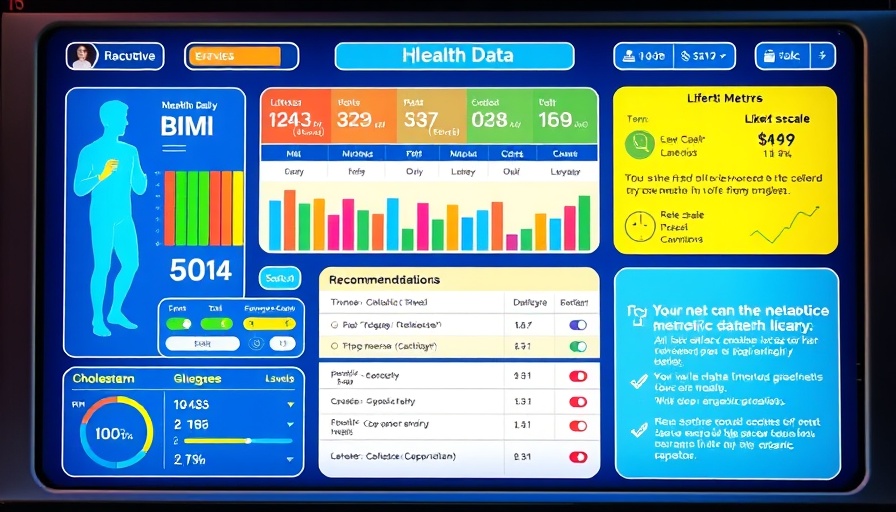
A New Approach to Evaluating Health Language Models
As artificial intelligence (AI) becomes more integrated into healthcare, ensuring the accuracy and reliability of language models is paramount. Evaluating these models, especially in complex fields like health, has traditionally been a time-consuming and expensive process. However, a recent initiative by Google Research introduces a scalable framework for evaluating health language models that aims to streamline and enhance this evaluation process.
Why Evaluation Matters in Healthcare AI
In the realm of healthcare, trust is everything. Language models have the potential to generate personalized health recommendations and interpret intricate health data. Yet, with great power comes great responsibility; ensuring these AI systems provide accurate and safe responses is crucial. Traditional evaluation methods often involve human experts who review responses, leading to high costs and potential biases in assessments.
The Benefits of the Adaptive Precise Boolean Rubric
The framework proposed by Ahmed A. Metwally and Daniel McDuff focuses on developing Adaptive Precise Boolean rubrics. This innovative method breaks down complex evaluation questions into simpler, boolean criteria, which can be answered with a straightforward “Yes” or “No.” This can significantly enhance inter-rater reliability and speed of evaluations, reflecting a trend in AI education where simplification leads to efficacy.
Building Health Queries with Wearable Data
The research illustrates how adaptive rubrics can utilize real-world data, like that from wearables, to assess model outputs. By evaluating a set of specific health queries linked to conditions like diabetes and cardiovascular disease, the research bridges a critical gap between data and actionable health insights. This approach not only saves time but ensures that responses remain relevant to individual users, a vital consideration in health tech.
Future Implications for AI in Health
This scalable evaluation framework heralds a future where AI tools can offer nuanced understanding tailored to individual cases in healthcare, promoting better outcomes. As these methodologies evolve, they will likely influence many sectors, particularly AI for professionals and businesses seeking insights through intelligent systems. The implications for AI community engagement and business networking AI are profound, opening doors to collaborative advancements.
Conclusion: Embracing Innovation in Health AI
Ultimately, as technology continues to evolve, the methods we use to evaluate and deploy AI must also adapt. The introduction of Adaptive Precise Boolean rubrics in health model assessments is a significant step towards creating a more reliable and scalable AI evaluation landscape. Interested in learning how AI innovations can transform your career or business insights? Join the conversation in AI communities and explore networking events focused on the future of work in AI!
 Add Row
Add Row  Add
Add 





Write A Comment